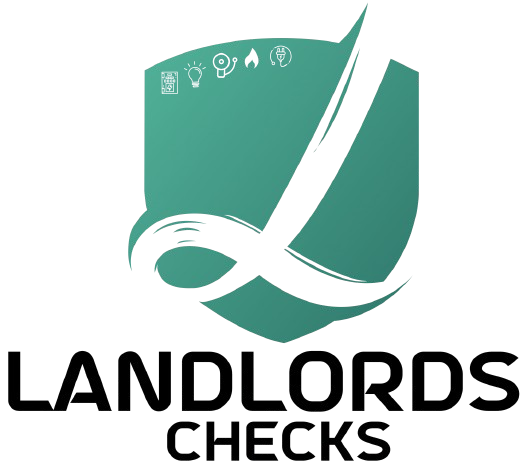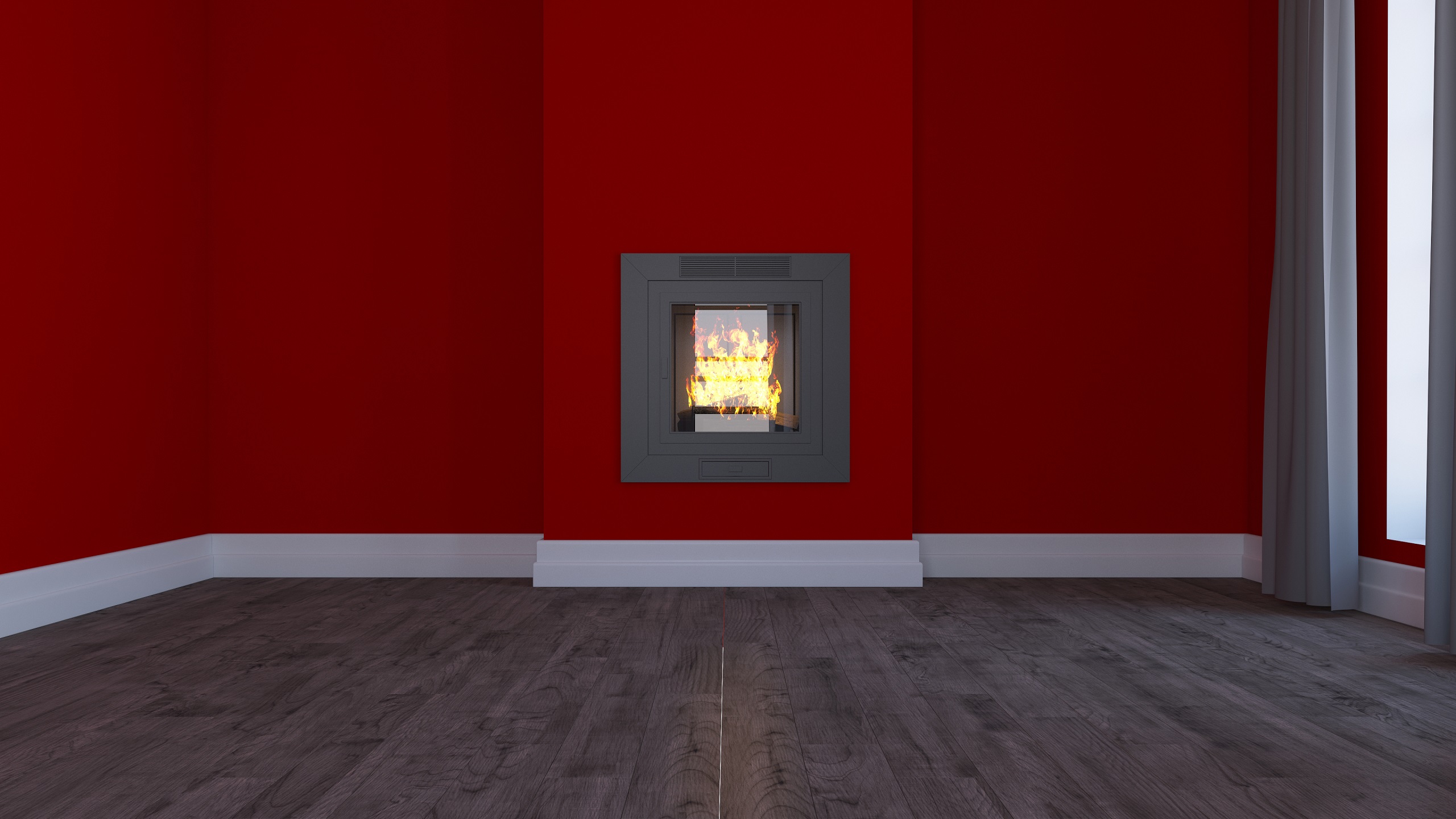Although fire doors are only legally necessary in HMOs, it is legally considered among landlords’ responsibilities to provide safe housing for their tenants. Therefore it’s a good idea to install them in any rental home. Fire doors should at least be installed in areas where there is a high risk of a fire starting, such as kitchens and rooms with several electrical appliances, an open fire, or a log burner.
What is a fire door?
Practically speaking, a fire door performs the same basic function as a conventional door, but in the event of a fire, it serves as an essential safety measure for your home. A fire door can assist your tenants in having extra time to escape a fire by preventing the spread of smoke and fire. It can also help minimize property damage by serving as a fire barrier, keeping the fire and smoke contained for a long time.
Fire doors are crucial because they reduce the spread of poisonous smoke, which is particularly harmful because it travels considerably faster than fire and causes disorientation, poor visibility, and breathing difficulties. Long before the fire even reaches an occupant, this toxic smoke frequently causes fatalities.
A safety performance certificate or other supporting documentation demonstrating that the fire door has been tested in conformity with British or European fire regulation standards is typically included with a certified fire door. A fire door can survive smoke and fire for much longer than a standard one if installed and maintained properly.
Does the law require fire doors?
Only properties classified as Houses of Multiple Occupancies (HMOs) currently require landlords to install fire doors. A large number of occupants increases the likelihood of accidents and, in certain situations, even malicious or purposeful damage. To guarantee that the safety criteria are met, all doors that are likely to be used as an escape route during a fire must be fire-resistant and close automatically.
A sizable fee could be assessed if HMO fire door regulations are not followed. Not to add, as a result, your tenants might be qualified to recover up to 12 months’ worth of rent. It could be difficult to pay for the necessary repairs as a result.
Do landlords have to install fire doors even if they don’t have an HMO?
Although installing fire doors in a single-tenant property is not required by law, it might still be worthwhile to do so in high-risk areas like the kitchen.
What information concerning fire doors should landlords know?
The following are some of the most crucial facts about fire doors that landlords should be aware of:
- An “FD30” code indicates that the door and door frame must both be fire-resistant for at least 30 minutes.
- When exposed to heat, an intumescent strip should expand to close the space between the door and the frame.
- As a door set, hinges, door knobs, and locks should be purchased.
- All fire doors should be equipped with a self-closing mechanism.
- According to the manufacturer’s recommendations, fire doors should always be installed by a qualified installation.
- Periodically, fire doors should be inspected.
A fire door that is installed properly should:
- A fire door that has been placed correctly should be made of solid wood and have a label or plug stating that it has been certified as a fire door.
- Have cold smoke seals and an intumescent seal along the door’s edges. In a fire, the intumescent strip is intended to expand and fill any gaps between the door and frame.
- To ensure that the frame doesn’t burn away more quickly than the fire door, have it made to the same standards as the door.
- Be equipped with a closer (affixed to the door and frame), ensuring that the door closes securely on its own.
- A minimum of three solidly secured hinges, along with appropriate handles and locks
It should be noted that any door on an escape route that locks (often the major front and back doors) should also have a “thumb-turn” lock on the inside, making it simple to open without a key. A fire door should endure at least 20 years if there is no damage. Regarding routine inspections:
- Verify that the hinges and closers are functional.
- Verify the condition of the intumescent strips.
- To ensure that any door retainers are working properly, test the smoke alarms.
Remind your tenants not to prop open fire doors because doing so is risky in the event of a fire, maybe against any property license requirements, and could void your landlord’s insurance. You can install door retainers that are sound-triggered or hardwired.
Whose responsibility is the fire doors?
Although fire doors in rented property are officially the landlords’ responsibility, it is a good idea to tell your renters of the restrictions for fire doors in a rented property or provide a tenant handbook with information on HMO fire door regulations.
One of the most important of these regulations is that tenants must not prop open a fire door because it is against the law and could endanger themselves or others.





